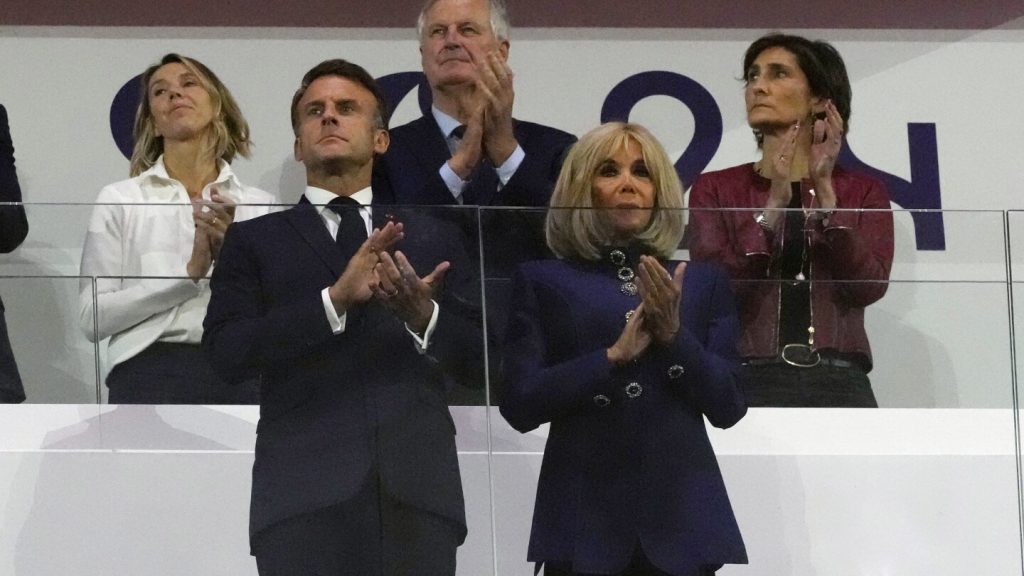The French presidential palace has unveiled a new government dominated by conservatives and centrists following the recent elections that resulted in a hung parliament. Despite a left-wing coalition winning the most seats, they failed to secure a majority, leading to protests by student groups and activists. President Emmanuel Macron appointed Michel Barnier as the prime minister, despite his party’s poor showing in the elections. The new government, put together after difficult negotiations, includes conservative and centrist ministers, with the far-right party National Rally holding enough votes to potentially bring it down.
The new government’s lineup is significant as France is a key player in EU policy, one of the world’s biggest economies, and a nuclear-armed member of the U.N. Security Council. The 39-member Cabinet includes mainly ministers from Macron’s centrist alliance and the conservative Republicans. Notable appointments include Jean-Noël Barrot as the foreign minister, Antoine Armand as the finance minister, and Sébastien Lecornu as the defense minister. Their roles will be critical in addressing key domestic issues like national security, immigration, and fiscal policies, as well as navigating France’s foreign relations with NATO and other global challenges.
Barnier’s ability to govern effectively is already being scrutinized, with political opponents on the left pledging to challenge him and the far-right monitoring the government closely. The left-wing New Popular Front alliance, which won the most seats in the snap elections, was not given the opportunity to form a minority government but refused to join a more left-leaning alliance. Barnier, a seasoned political figure known for his role in Brexit negotiations, faces the challenge of leading a government in a deeply divided parliament and delivering his general policy speech to the National Assembly on October 1.
The appointment of staunch conservative Bruno Retailleau as the new interior minister, overseeing national security, immigration, and law enforcement, signals a shift towards a more conservative stance on critical issues. The government’s focus on these areas reflects the challenges France faces in a changing geopolitical landscape with tensions in Ukraine and the Middle East. The upcoming 2025 budget and France’s mounting debt will also be areas of focus for the finance minister, Antoine Armand, tasked with managing fiscal policies under pressure from Brussels.
The direction of France’s government under Barnier’s leadership will be closely watched by both domestic and international observers. With the far-right National Rally party holding significant influence in parliament, the government’s stability is at stake. As Macron’s administration navigates complex international issues, economic challenges, and internal divisions, the new Cabinet will be crucial in shaping France’s role on the global stage. The success of Barnier’s government in addressing these pressing issues and maintaining stability in a polarized political landscape will determine the country’s trajectory in the coming months and years.


